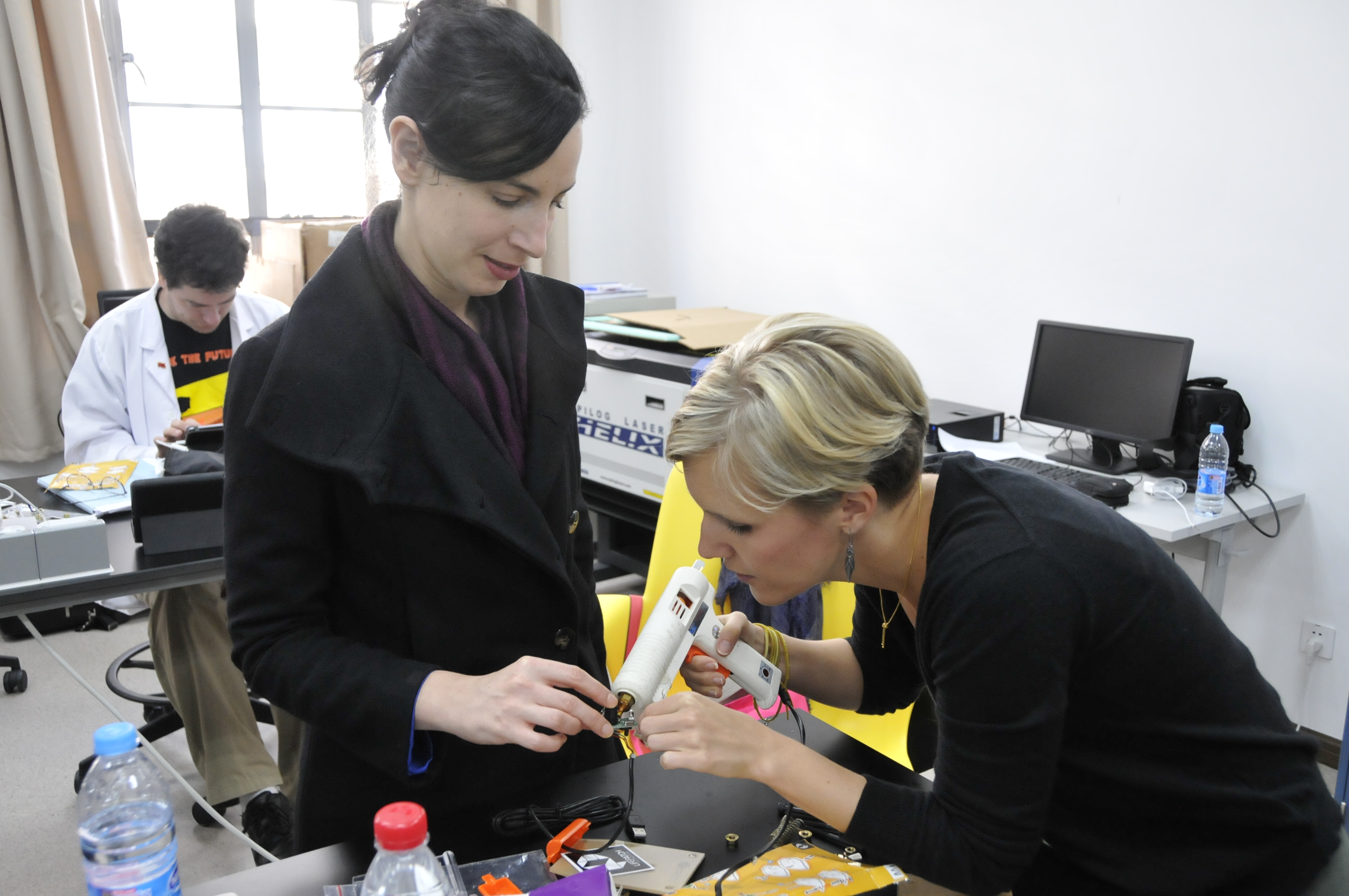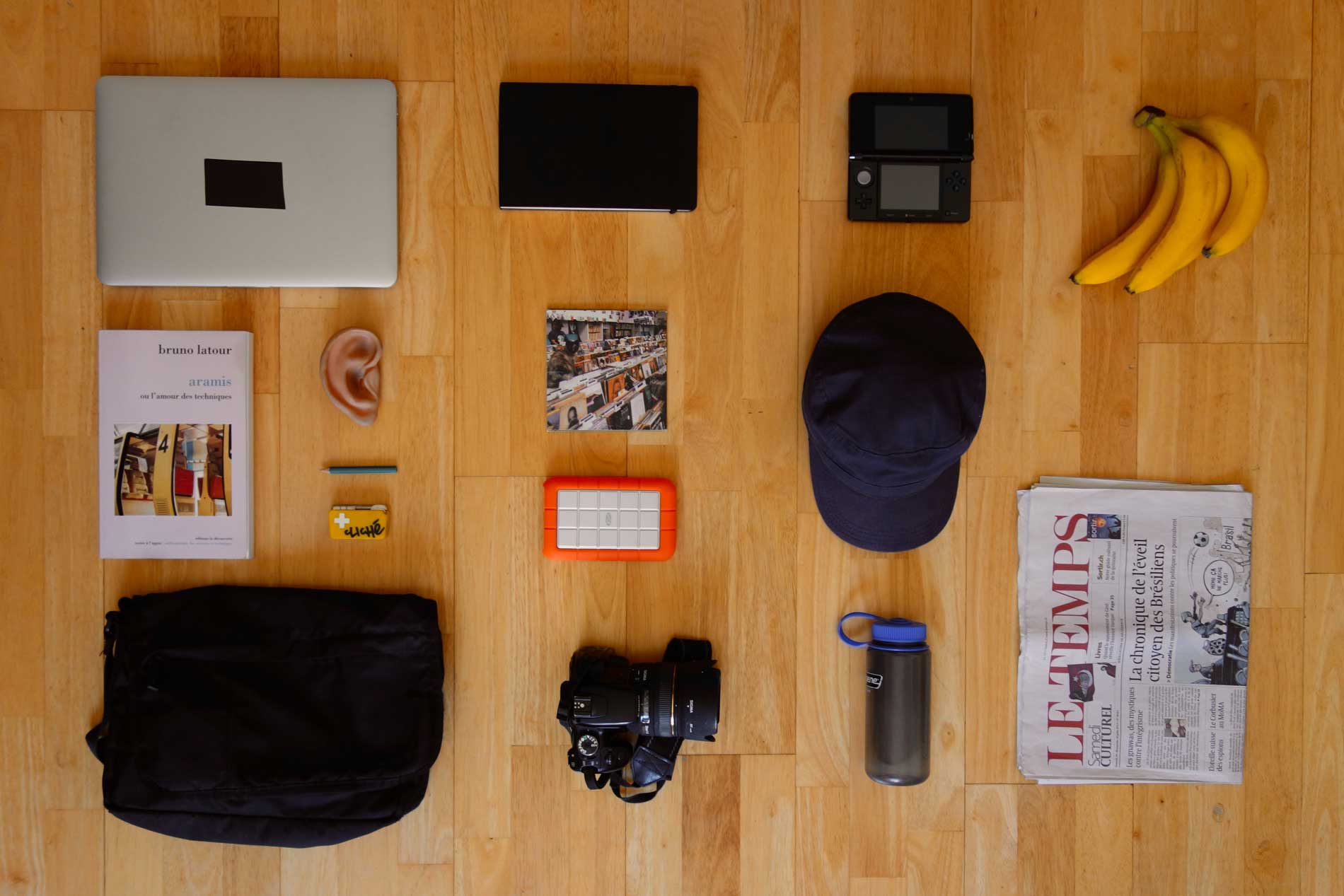[This post is part of a two-week series featuring interviews with designers reflecting on anthropology and design.]
SILVIA LINDTNER. DIY maker, hacker, and ethnographic design researcher.

ANTHROPOLOGY DESIGN.
Many disciplines and fields often work with competing notions of what counts as design, claiming authority over the term, practice, and definition. Think for instance about efforts in critical design (e.g., Dunne & Raby 2007) and the strong oppositions its practitioners often make to product design. Critical design is aimed at engaging people in critical ways with commonly used products. As Jeff and Shaowen Bardzell illuminate, critical design is positioned in opposition to affirmative design—the latter considered as “the common practice, and this practice is amoral and ultimately a dupe for capitalist ideology, while critical designers are described as moral agents who seek to change society for the better” (Bardzell & Bardzell 2013).
It is important to not shy away from the politics of design, or to brash aside such heated debates over definitions, terms, and authentic practices–many of which are legitimizing efforts of new approaches in an overly competitive market (both industry and the academy). The question is how to engage the politics of design in a way that remains open to multiple viewpoints and approaches. At numerous times in my research, I have heard people argue that the process of making and designing itself is apolitical. There is much that refutes such statements–think for instance of questions of labor when we turn towards sites of production that manufacture the technological products we use on a daily basis, or listen to debates of hackerspace members over what counts as hacking versus making versus product design. What is important here is to consider the differences that lie in designing as a mode of inquiry, a leisure practice, or central to one’s profession and livelihood.
Continue reading →


